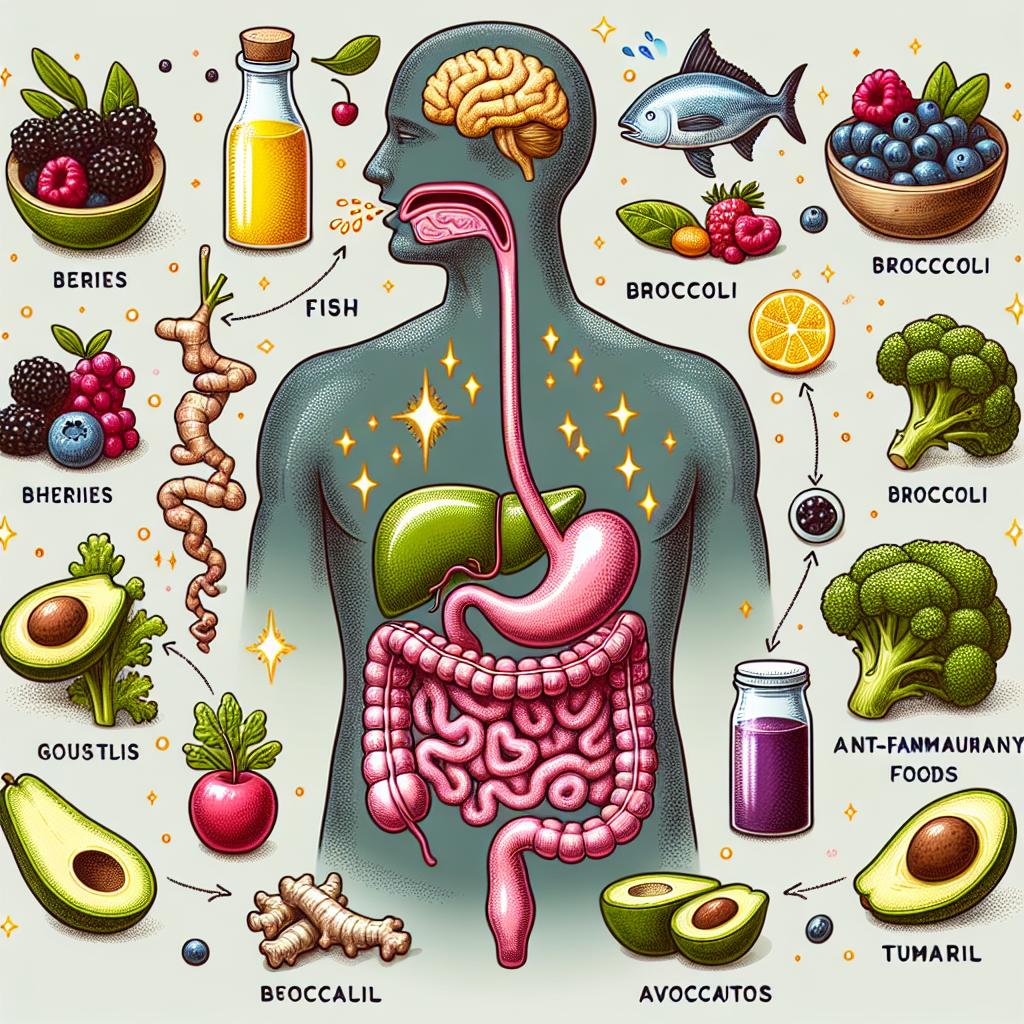The quest for improved digestive health has led many to consider dietary modifications, with vegetarian diets frequently landing at the forefront of such discussions. Embracing a diet rich in fruits, vegetables, legumes, and grains can have significant impacts on the body’s digestive system. This article delves into the mechanisms by which vegetarian diets influence digestive health, supported by scientific insights and expert recommendations.
The Basics of Digestive Health
Before exploring the effects of a vegetarian diet, it’s essential to understand the foundations of digestive health. The digestive system is a complex network responsible for breaking down food, absorbing nutrients, and eliminating waste. Optimal digestive function hinges on the balance and health of the gut microbiota, the integrity of the gastrointestinal lining, and the efficiency of the digestive enzymes.
Vegetarian Diets and Gut Microbiota
The gut microbiota is a community of beneficial bacteria that plays a pivotal role in digestion, immunity, and overall health. Vegetarian diets are rich in prebiotic fibers, which serve as food for these beneficial bacteria. Studies have shown that individuals following a vegetarian diet have a more diverse and stable gut microbiota.
For instance, the inclusion of prebiotic foods in one’s diet can enhance gut health by promoting the growth of good bacteria. These dietary fibers are abundant in plant-based foods such as garlic, onions, asparagus, and bananas, which are staples in a vegetarian diet.
Fiber Intake and Digestive Function
A hallmark of vegetarian diets is the high intake of dietary fiber. Fiber is known to increase stool bulk and promote regular bowel movements, which can alleviate constipation and support a healthy digestive tract. However, it’s essential to increase fiber intake gradually to allow the digestive system to adjust, as a sudden increase can lead to bloating and discomfort.
The Role of Anti-inflammatory Compounds
Vegetarian diets are also characterized by a high content of antioxidants and other anti-inflammatory compounds. These substances can help reduce inflammation in the gut, which is crucial since chronic inflammation can compromise the intestinal barrier and lead to digestive issues. The anti-inflammatory diet has been explored for its benefits in gut health, emphasizing the importance of plant-based foods in managing inflammation.
Nutrient Absorption Considerations
While vegetarian diets offer many benefits for digestive health, it’s vital to address potential nutrient deficiencies that may arise from eliminating animal products. Nutrients such as vitamin B12, iron, calcium, and omega-3 fatty acids are less abundant in plant-based foods. To counteract this, vegetarians should focus on consuming fortified foods and considering supplements, as discussed in the article on maximizing nutrient absorption.
External Resources Supporting Vegetarian Diets and Digestive Health
To further support the points made, here are niche and specific resources that offer additional insights:
- The impact of vegetarian diets on the gut microbiota composition is detailed in a study hosted by the National Institutes of Health.
- A comprehensive review of dietary fiber’s role in digestive health can be found in the Journal of Nutrition and Metabolism, available through Hindawi.
- The Cleveland Clinic provides an in-depth guide on how to choose anti-inflammatory foods.
- For those interested in a deep dive into the specific nutrients of concern for vegetarians, the Vegetarian Nutrition Dietetic Practice Group offers resources at Vegetarian Nutrition.
Potential Digestive Issues with Vegetarian Diets
Despite the benefits, some individuals may experience digestive issues when transitioning to or maintaining a vegetarian diet. Bloating, gas, and changes in bowel habits can occur as the body adapts to increased fiber intake. It’s important to monitor these symptoms and adjust the diet accordingly.
Strategies for a Smooth Transition
For those considering a switch to a vegetarian diet, here are some strategies to ensure a smooth transition:
- Gradually increase fiber intake to avoid gastrointestinal discomfort.
- Include a variety of protein sources to meet daily requirements.
- Consider enzyme supplements to aid in the digestion of plant-based foods.
- Stay hydrated to help fiber move through the digestive system.
- Consult a healthcare provider or a dietitian for personalized advice.
Conclusion
Vegetarian diets can have profound effects on digestive health by fostering a healthy gut microbiota, promoting regular bowel movements, and providing anti-inflammatory benefits. However, it’s crucial to approach this dietary change thoughtfully to mitigate potential nutrient deficiencies and digestive issues. By incorporating a diverse range of plant-based foods and considering the addition of supplements when necessary, individuals can reap the digestive benefits of a vegetarian diet while maintaining overall health and well-being.



